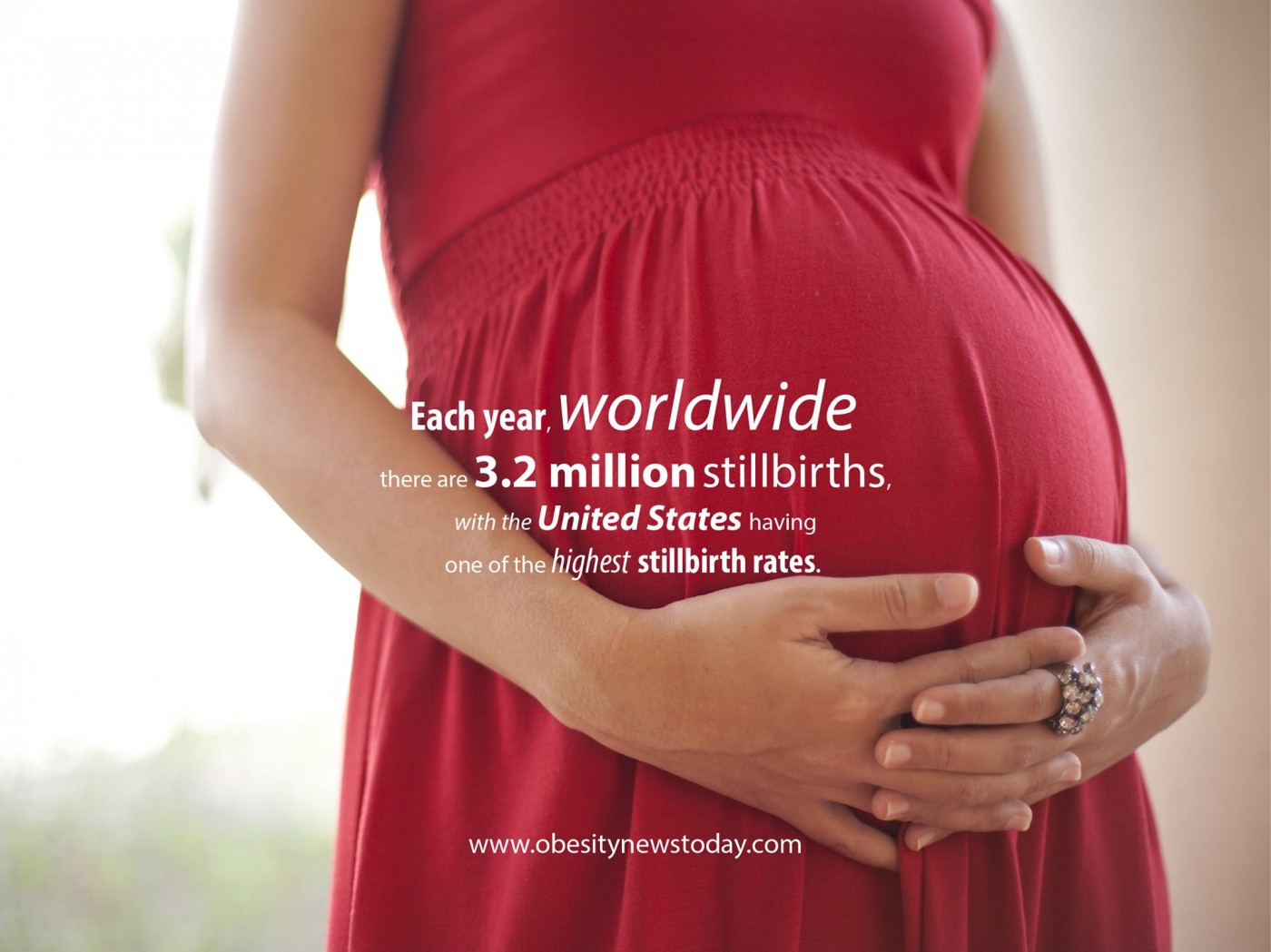Obesity and overweight status at the beginning of pregnancy increases chances for adverse outcomes in pregnancy, according to the results of a recent study published in the journal PLoS ONE.
There is an increase in the prevalence of obesity and overweight in women of child-bearing potential (WOCBP), with studies showing that compared to normal-weight women, obese women have a higher prevalence of recurrent miscarriage, infertility, congenital malformations, and intrauterine fetal death. Consequently, women at the beginning of their pregnancy are a target group to prevent excessive weight gain during pregnancy.
To explore the role of the health consequences of maternal overweight and obesity at the start of pregnancy on gestational pathologies, delivery and newborn characteristics, in the study entitled “Maternal Obesity in Early Pregnancy and Risk of Adverse Outcomes” Luis Serra-Majem from the Department of Clinical Sciences, University of Las Palmas de Gran Canaria in Spain and colleagues conducted a population-based study of all the pregnant women who delivered at the Maternal & Child University Hospital of Gran Canaria (HUMIGC) in 2008. The cohort included a total of 6,558 women.
The clinical registries made at the Gynaecologic and Obstetrics HUMIGC Service were used to retrieve data on pregnancy and on maternal characteristics, birth and post-partum complications. The main predictor was maternal BMI in early pregnancy. BMI was categorized in the three groups: normoweight (BMI 18.5–24.9 kg/m2), overweight (BMI 25–29.9 kg/m2) and obese (BMI ≥30 kg/m2).
Results revealed that compared to normoweight, overweight and obese women had greater risks of gestational diabetes mellitus, gestational hypertension, and preeclampsia. The results also showed that obese women more frequently experienced oligodramnios, polyhydramnios, tearing and a lower risk of induced deliveries.
Both groups had more frequently caesarean section and manual placenta extraction. Newborns from overweight and obese women were found to have higher weight and a greater risk of being macrosomic (a large baby at birth). Neonates from obese mothers were found to have a higher risk of being admitted to special care units. Apgar 1 min was significantly higher in newborns from normoweight mothers than from overweight or obese mothers.
“It is important to promote the normalization of bodyweight in those women who intend to get pregnant and to provide appropriate advice to the obese women of the risks of obesity at the start of the pregnancy. Increased maternal and neonatal morbidity results in the increased utilization of resources at a significant cost to the community and is presenting a critical challenge to healthcare services,” the researchers concluded.


